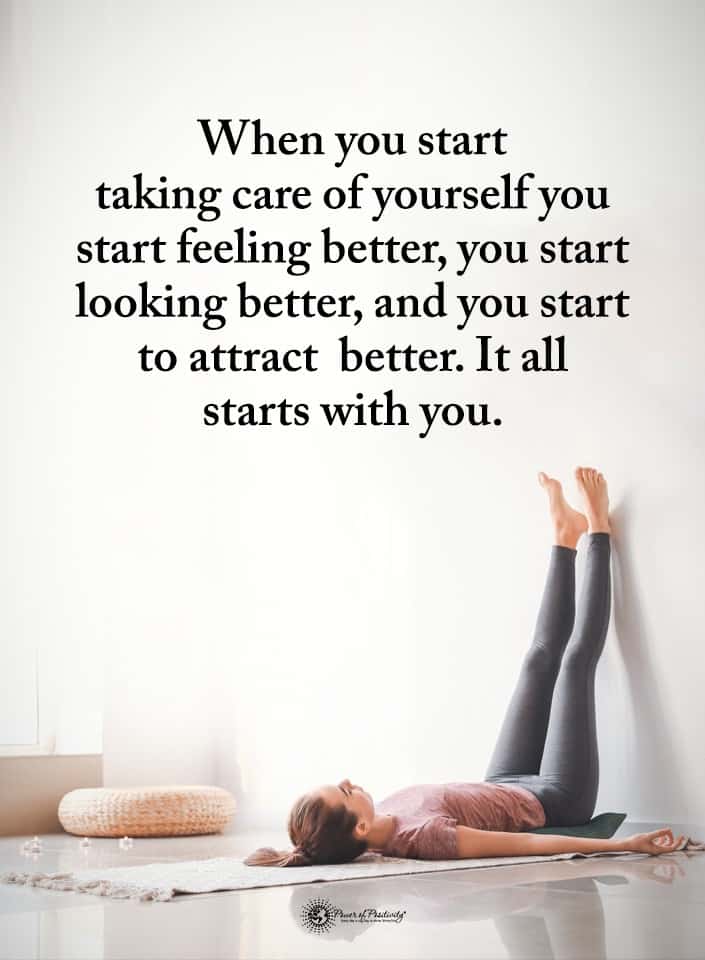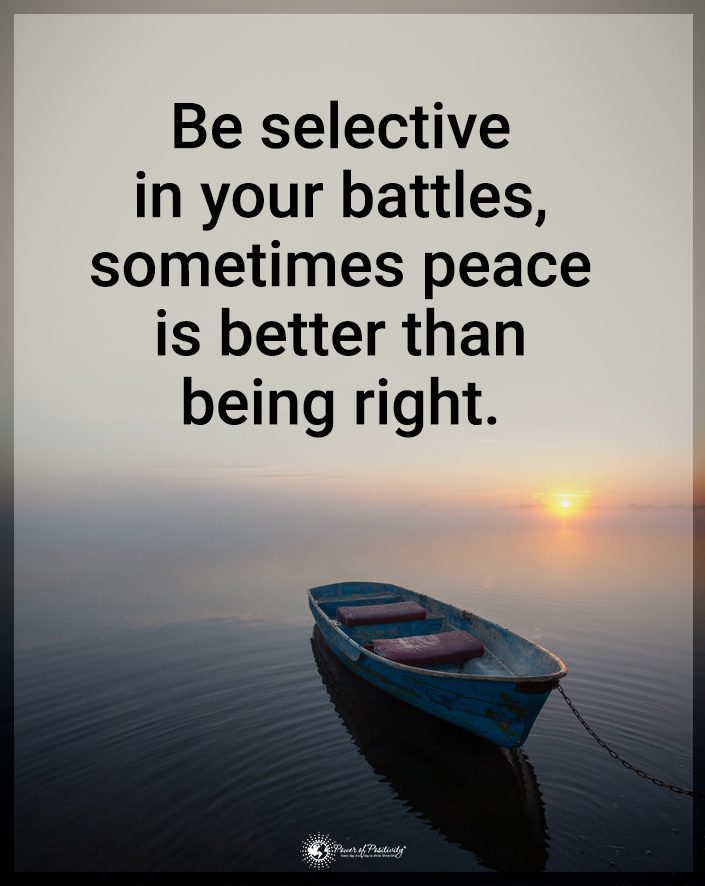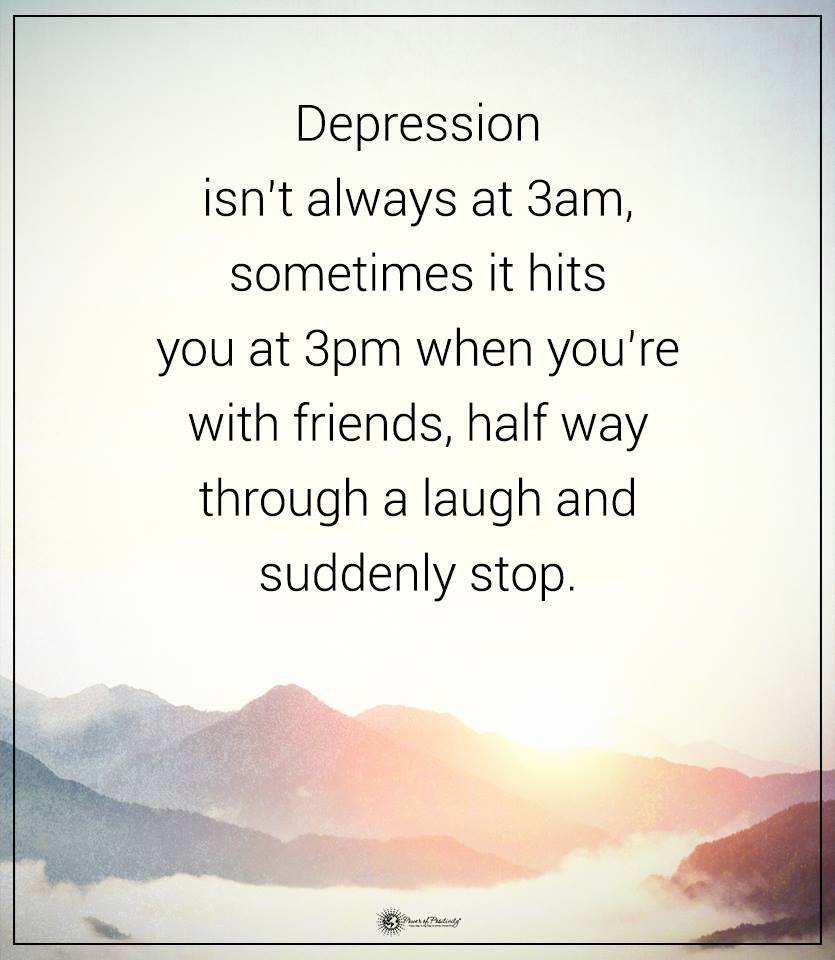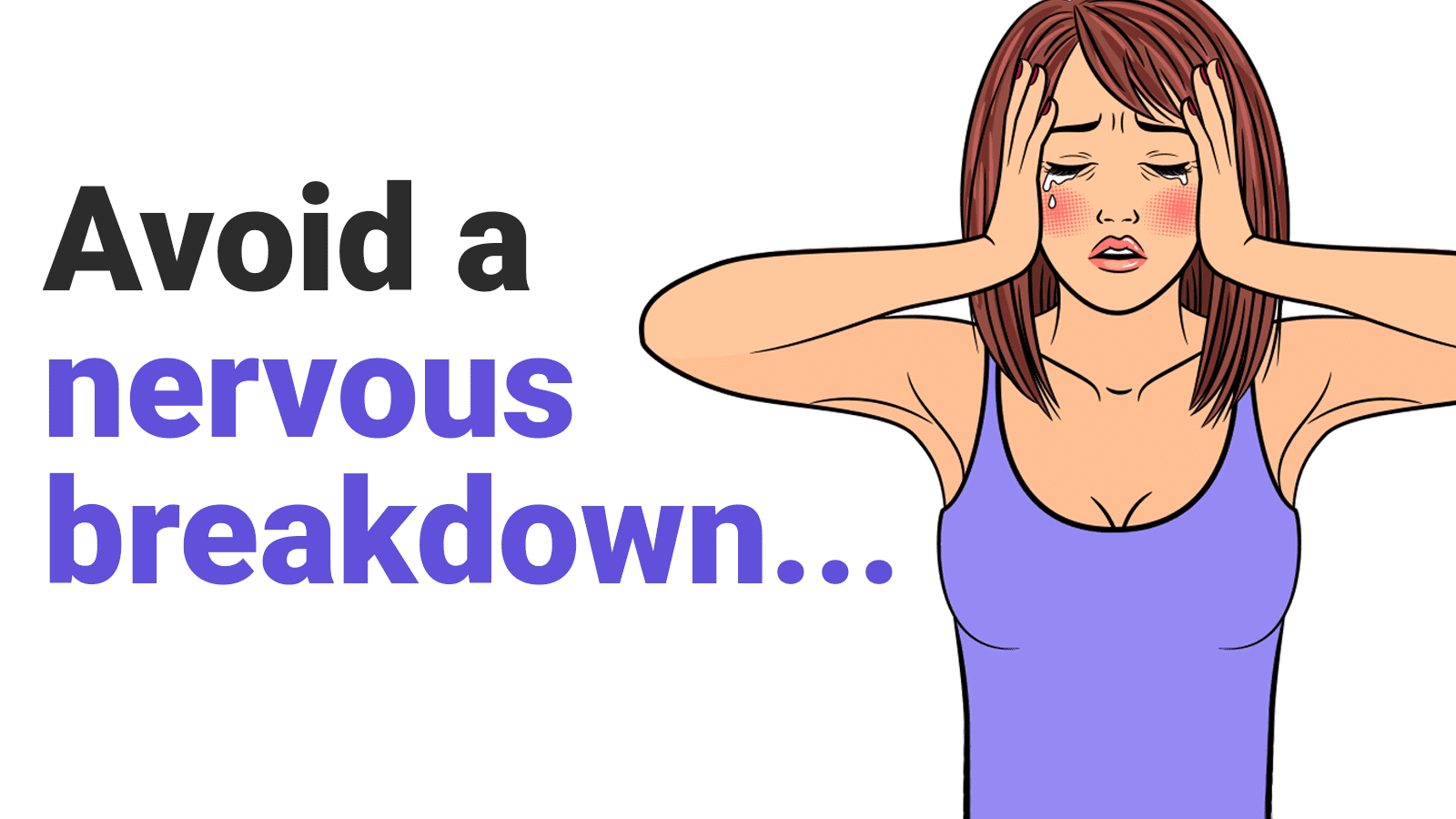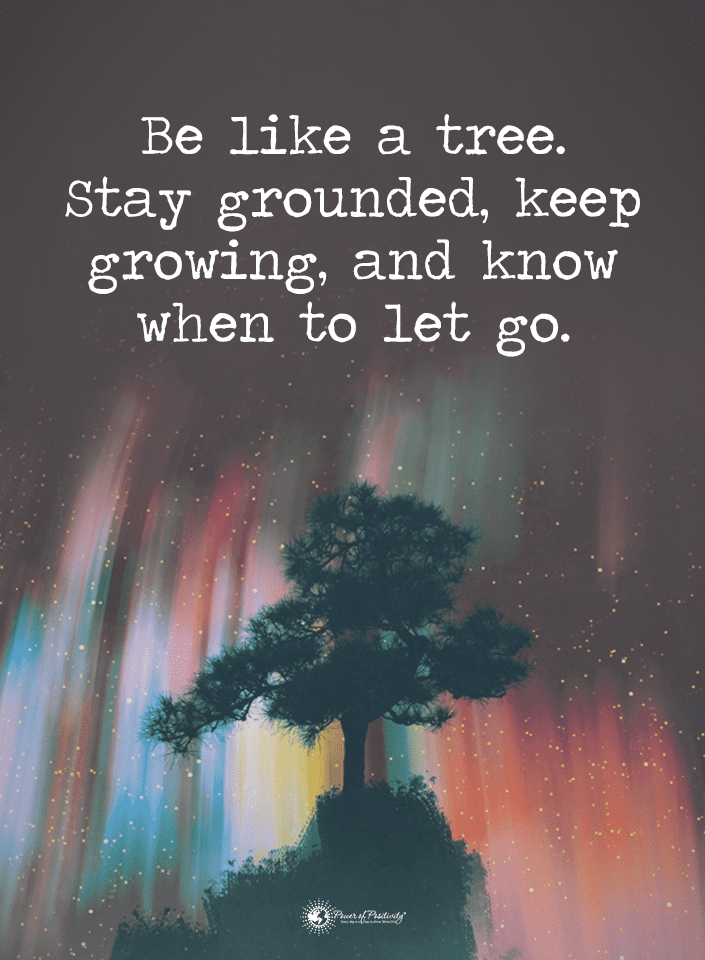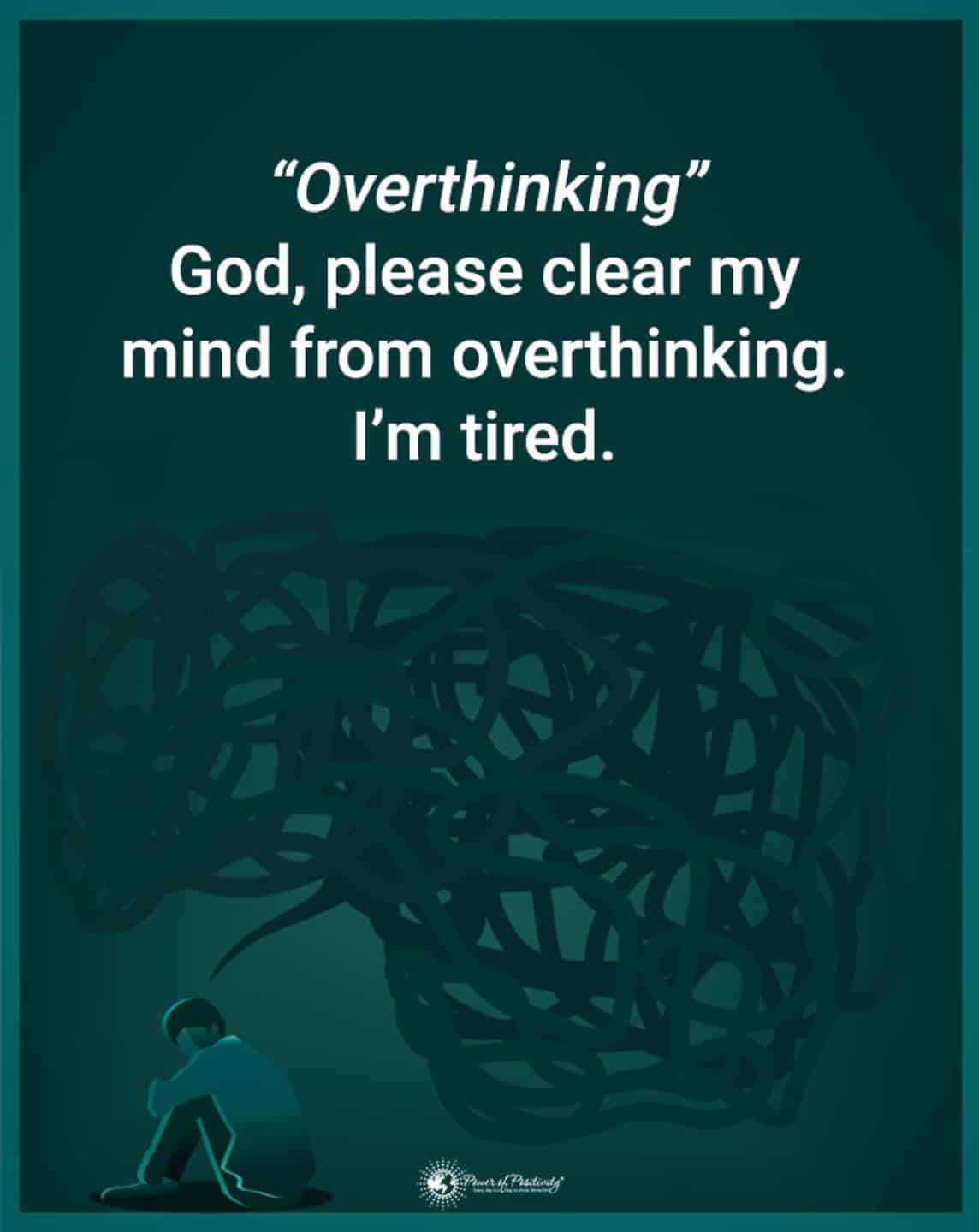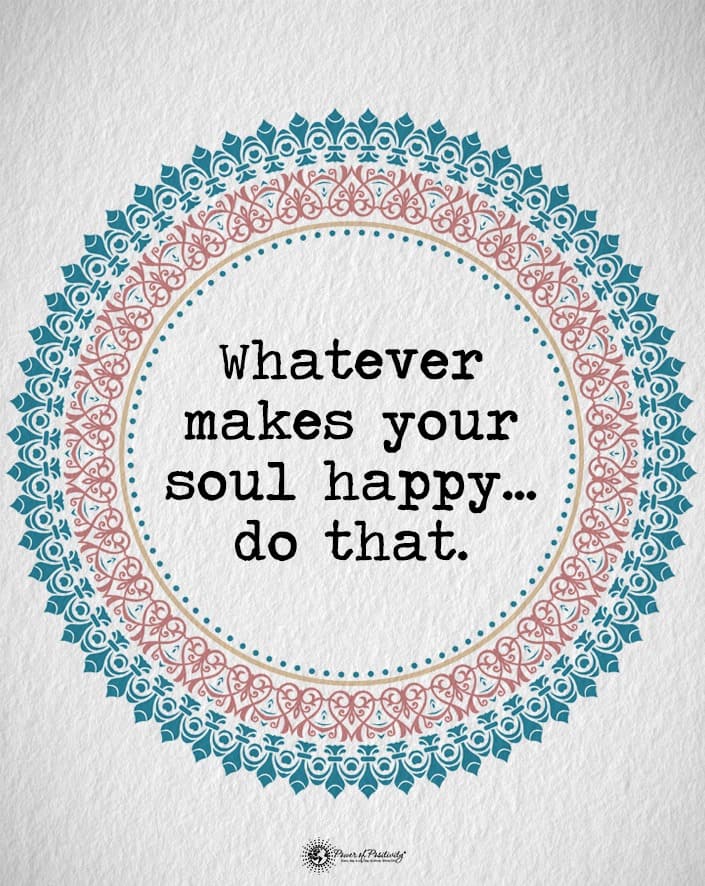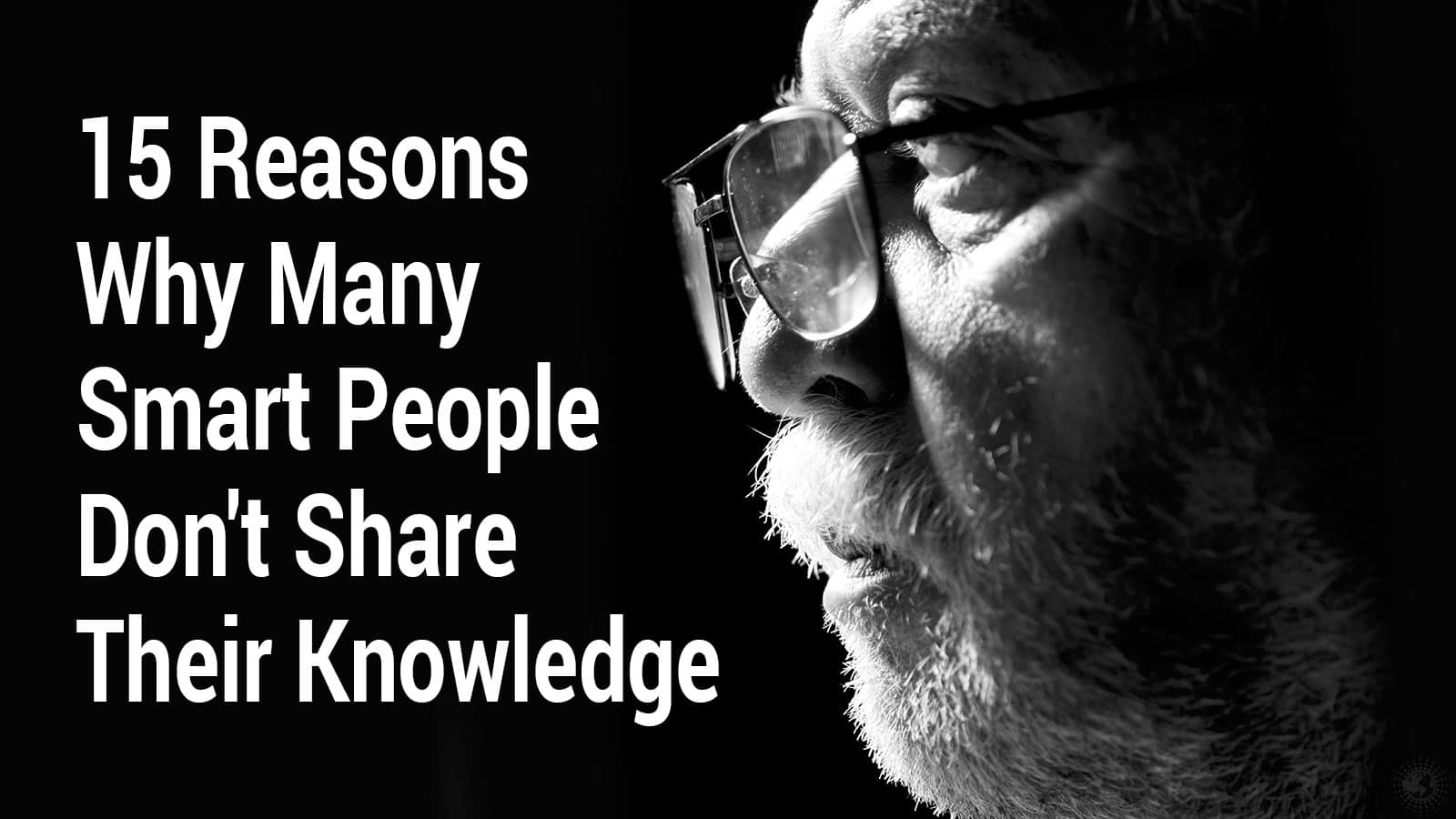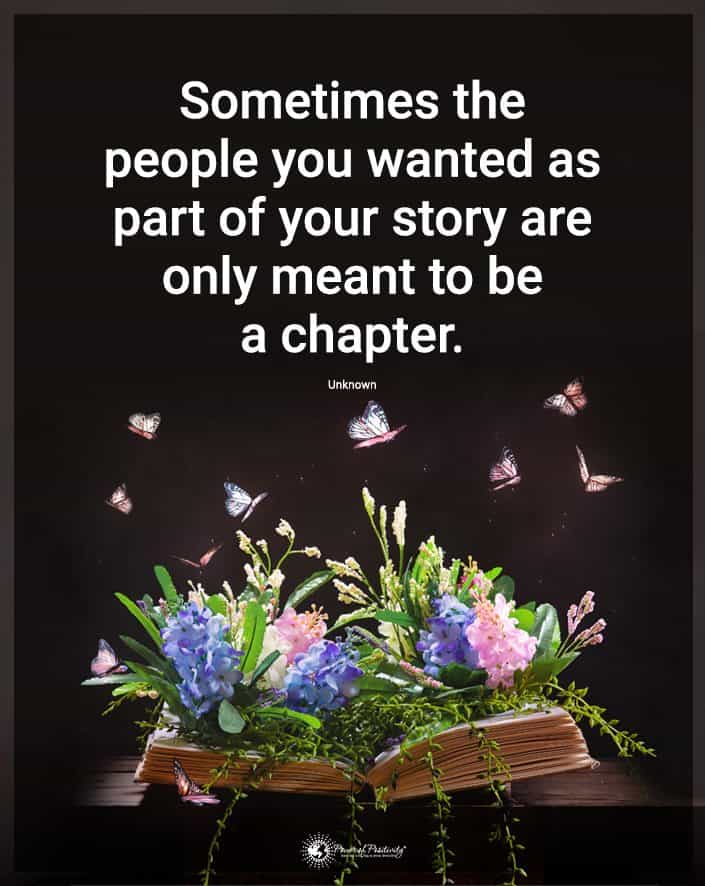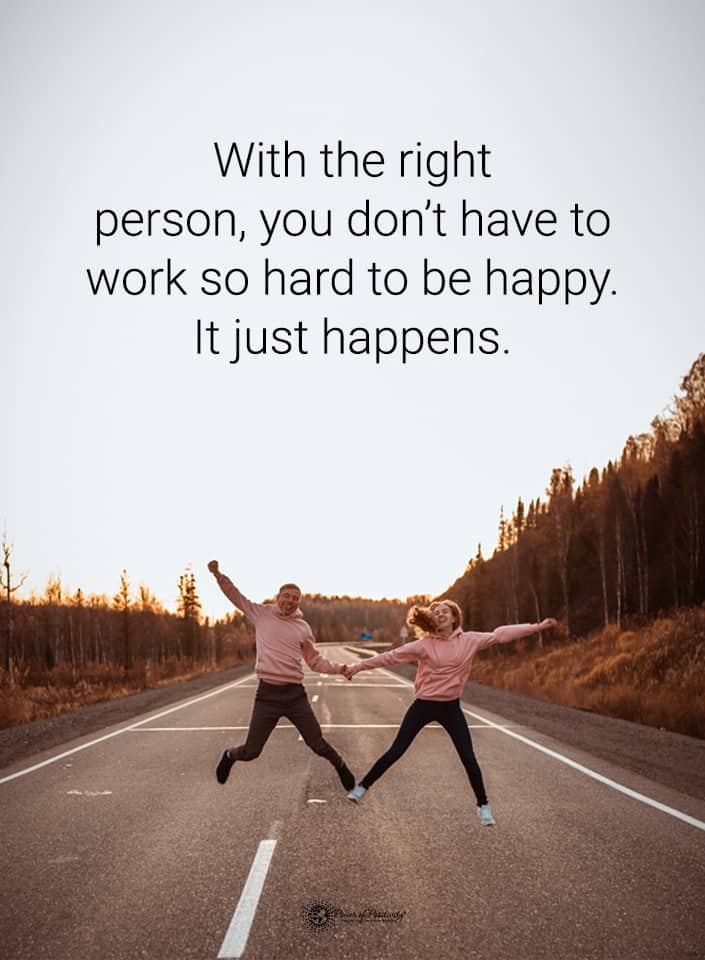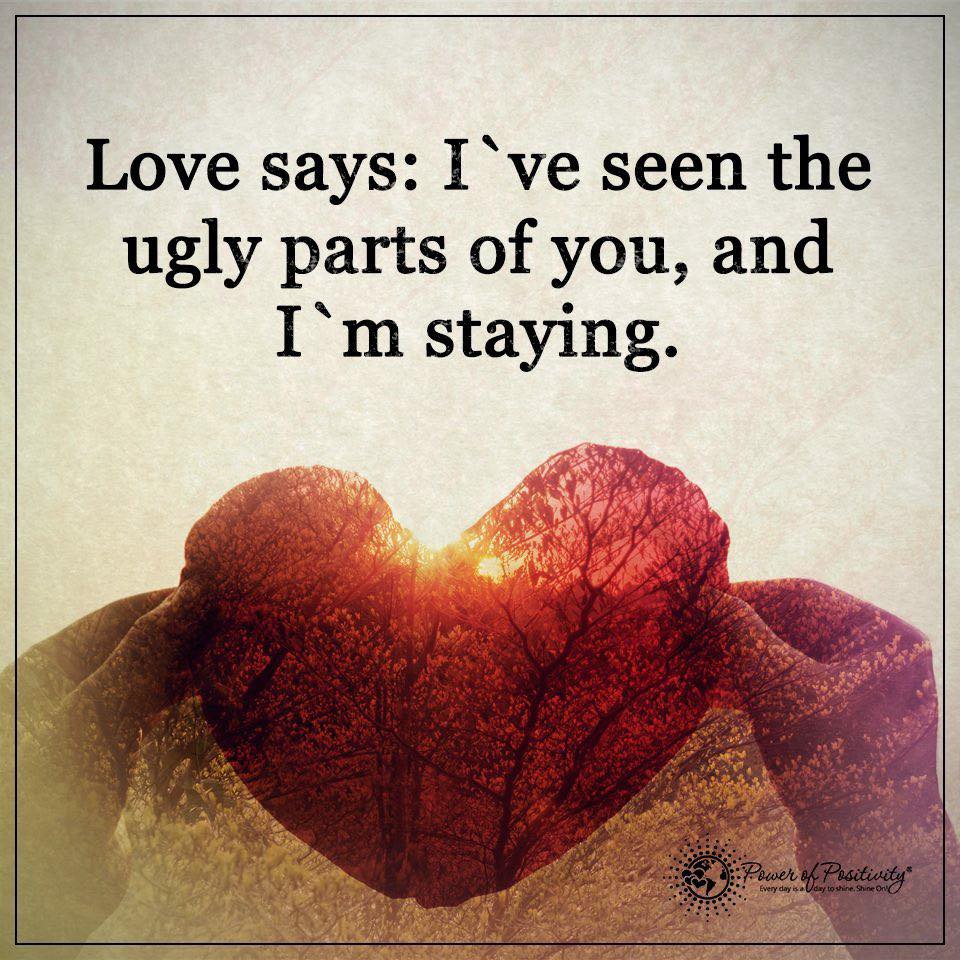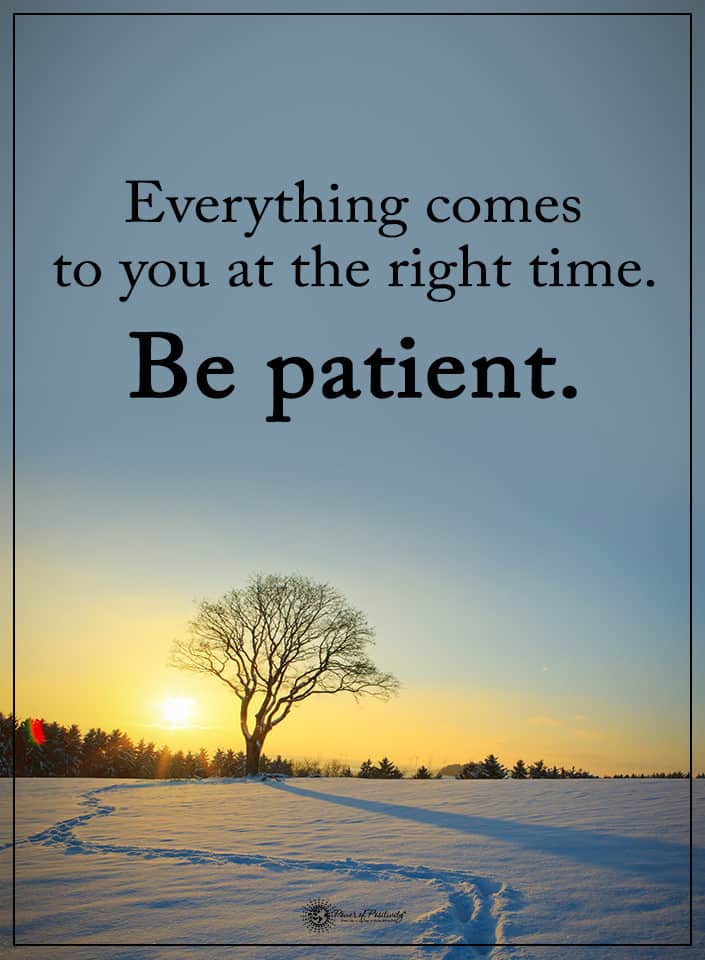Your anxiety over a possible relationship breakup is driving you crazy, and you have been mulling over the signs your relationship is about to be over. You’re feeling uncertain about your romantic future with your partner. Being on rocky ground doesn’t feel good and you just want to know, is it over or not?
Because your relationship is a partnership between the two of you, you create a new self-concept of yourself with your partner than you had before the relationship. This type of change in your individuality is normal in a healthy relationship. When you notice clear signs your relationship is about to be over, you may feel like you are unsure of yourself.
One study found that people felt a sense of loss of their own identity after the end of a romantic relationship because they had invested so much of themselves in the partnership. Worrying about who you are without your partner is normal, and the anxiety may start once you notice signs your relationship is about to be over.
If you haven’t confronted your partner with the question of whether your relationship is about to be over just yet, you’re probably looking for the warning signs that your relationship is about to be over. Here are some warning signs that you might have already picked up on.
Here are 7 warning signs that your relationship is over:
1. The possibility of a breakup is on your mind constantly
Your anxiety about a breakup could be nothing, but more than likely you’ve picked up on the signs that your relationship is about to be over. If your gut is telling you that things are ending, you might be right.
The alternative is that you’re picking up on signs of problems in the relationship. Just because you’re having problems doesn’t mean that it’s over. All couples argue, after all. But if you do sense a problem, it’s definitely time to fix it if you hope to save the relationship.
2. You don’t spend as much time together as you used to
Is your partner on social media more than they are socializing with you? According to a study of 205 Facebook users in relationships of 3 years or less, a high level of Facebook usage is associated with breakup/divorce, emotional cheating, and physical cheating. The researchers also found that Facebook was a source of conflict for these couples.
Whether you believe that your partner is seeking other romantic relationships online or not, the amount of time that they spend isolated from you can be a reason for concern, and could be one of the signs your relationship is about to be over.
3. Your conversations are boring
Did you feed the dog? You forgot your keys. We’re having chicken for dinner. If your conversations are just about the day in, day out parts of living, it’s either a sign of your total harmony in your relationship, or that you’re avoiding deeper subjects that you’re afraid to bring up.
Couples argue, they express their emotions, they talk about their future plans, they laugh, and they encourage each other to become even better people. Ask yourself if you’re avoiding some subjects out of fear that you have less in common than you wish that you did.
4. Your emotional health is suffering
If depressed, fearful, anxious, frustrated, angry or hurt is how you feel the majority of the time, it’s a warning sign for the health of your relationship and also your mental well-being.
If you are able to express your feelings to your partner, now is the time to do it with honesty. Let them know that you have been feeling neglected, and ask them how they are feeling about your relationship with them. If they don’t seem concerned about your feelings, this is likely one of the signs your relationship is about to be over.
5. One of you has changed significantly
People change for reasons other than trying to impress a romantic partner.
However, significant changes in the following areas could mean that your partner is having an affair, which should be a surefire sign your relationship is about to be over:
- Longer/later/different work schedule
- Having sex/being intimate less often
- Musical taste changes
- Different opinions from what they used to believe
- Spending money on unusual things (flowers, dry cleaners, rental cars)
- More frequent trips away from the house
- Clothing style changes
- Weight or appearance changes
Change is not always in response to seeking another romantic partner but these changes may lead you to investigate whether your partner is courting someone new.
6. You don’t trust your partner as much as you used to
When you ask your partner questions about where they have been or who they have been with, you aren’t sure that they are telling the truth. You ask yourself if you’re being insecure or if your partner really is a liar. Trust your gut, but back it up with evidence if you are able to before you confront your partner. If they act suspiciously or conceal the whole truth from you about their whereabouts or the people they’ve been hanging out with, you should consider that as signs your relationship is about to be over.
7. You can’t picture your future together
You’re not only scared that you might not have a future together, but you also can’t envision how things could be with your partner one, two or ten years from now unless things changed for the better.
Knowing the signs your relationship is about to be over might not be enough to know for certain if it is about to end. You might need to confront your partner but before you do, read our article about questions to ask yourself before ending a relationship.

